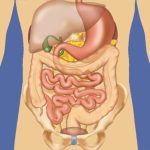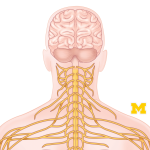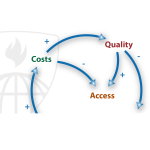This course should be taken after the Symptom Management course and continues building your primary palliative care skills – communication, psychosocial support, goals of care, and symptom management. You will explore transitions in care such as survivorship and hospice. You will learn how to create a survivorship care plan and how to best support a patient. The course also … [Read more...] about Transitions in Care from Survivorship to Hospice
Health
Anatomy of the Abdomen and Pelvis; a journey from basis to clinic.
In this anatomy course you will explore the organs involved in our food digestion and discover the common causes of abdominal and pelvic pain. The latest graphics and animations will help you to find new insights and understanding of this part of the body, that has been the focus of anatomical research for centuries and presently arouses renewed scientific interest. You will … [Read more...] about Anatomy of the Abdomen and Pelvis; a journey from basis to clinic.
Fundamentals of Immunology: Innate Immunity and B-Cell Function
Course 1 of a three course specialization called Fundamentals of Immunology. Each course in the specialization presents material that builds on the previous course's material. This is the first leg of a three-part journey through the defenses your body uses to keep you healthy. In this part we hope to give you the vocabulary and concepts you need to interact with the medical … [Read more...] about Fundamentals of Immunology: Innate Immunity and B-Cell Function
Anatomy: Human Neuroanatomy
In this anatomy course, part of the Anatomy Specialization, you will be introduced to the central and peripheral nervous systems. You will learn about basic neuroanatomy, sensory pathways, motor pathways and the autonomic nervous system. The course includes illustrated lecture videos and quizzes to help you expand and test your knowledge of the nervous system. By the end of … [Read more...] about Anatomy: Human Neuroanatomy
Systems Thinking In Public Health
This course provides an introduction to systems thinking and systems models in public health. Problems in public health and health policy tend to be complex with many actors, institutions and risk factors involved. If an outcome depends on many interacting and adaptive parts and actors the outcome cannot be analyzed or predicted with traditional statistical methods. Systems … [Read more...] about Systems Thinking In Public Health






